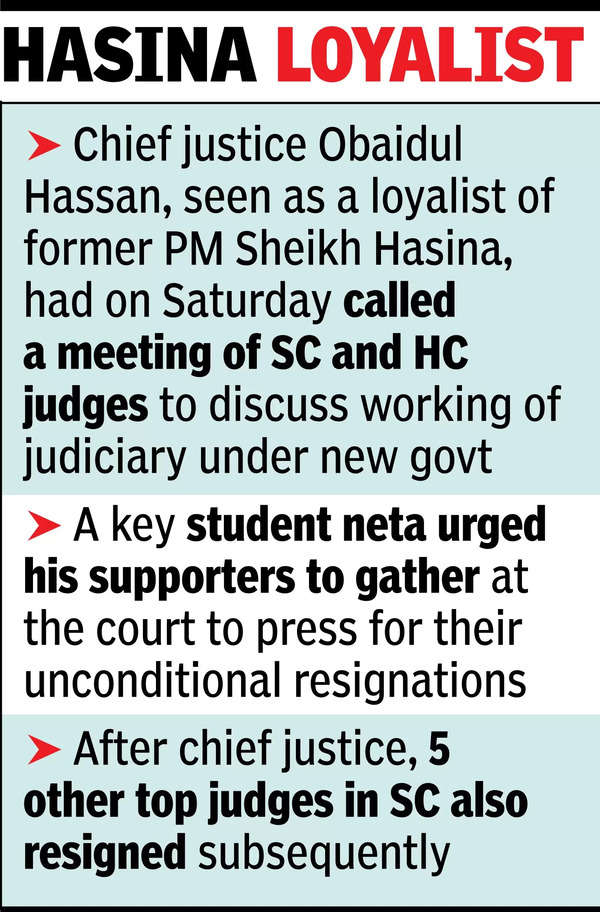
The former Prime Minister, who led the country for several years before her removal from power, spoke from an undisclosed location outside Bangladesh. In her address, Hasina expressed deep concern over the violent incidents that erupted in July, leading to multiple casualties and extensive property damage. She urged the current administration to ensure that those responsible for the chaos are brought to justice and held accountable for their actions.
July saw a surge in violence across several regions of Bangladesh, with reports indicating that clashes between rival political groups, as well as incidents of vandalism, had significantly impacted public order. The violence, which erupted following a series of political tensions, resulted in the deaths of numerous individuals and left many others injured. Additionally, several businesses, homes, and public properties were damaged or destroyed during the unrest.
Hasina’s remarks highlight the gravity of the situation and the urgent need for legal action against those involved. “The people of Bangladesh deserve justice,” she said. “Those who have caused this bloodshed and destruction must be held accountable. The rule of law must prevail, and the victims of these heinous acts must see justice served.”
In her statement, Hasina also expressed sympathy for the families of the victims, offering her condolences to those who lost loved ones during the violence. She called for unity and resilience among the Bangladeshi people in the face of these challenges, urging them to stand together against forces that seek to destabilize the country.
The former Prime Minister’s call for justice comes at a critical time for Bangladesh, as the nation grapples with the aftermath of the July violence. The government, now led by an interim administration following Hasina’s ouster, has been under pressure to restore order and address the underlying issues that fueled the unrest. Investigations into the incidents have been launched, with authorities pledging to bring those responsible to justice.
However, the path to accountability may be fraught with challenges. The political climate in Bangladesh remains tense, with deep divisions between rival factions contributing to an atmosphere of uncertainty. The interim government faces the difficult task of navigating these complexities while attempting to restore stability and public confidence.
Hasina’s comments have also raised questions about the future of Bangladesh’s political landscape. As a prominent figure in the country’s politics for decades, her influence and legacy continue to loom large, even in her absence. Her demand for justice may resonate with many in Bangladesh, particularly those who have been directly affected by the violence.
Meanwhile, international observers have expressed concern over the situation in Bangladesh, urging the authorities to conduct a thorough and impartial investigation into the July incidents. Human rights organizations have also called for accountability, stressing the importance of upholding the rule of law and protecting the rights of all citizens.
As Bangladesh moves forward, the call for justice made by Sheikh Hasina could play a pivotal role in shaping the country’s response to the July violence. Whether the current administration can successfully address the demands for accountability remains to be seen, but the former Prime Minister’s remarks have undoubtedly added a significant voice to the ongoing discourse surrounding the events of July and their aftermath.
The situation in Bangladesh continues to evolve, with the potential for further developments in the coming days. The country, still reeling from the impact of the July violence, faces a critical juncture as it seeks to restore peace and stability while ensuring that justice is served for the victims.
